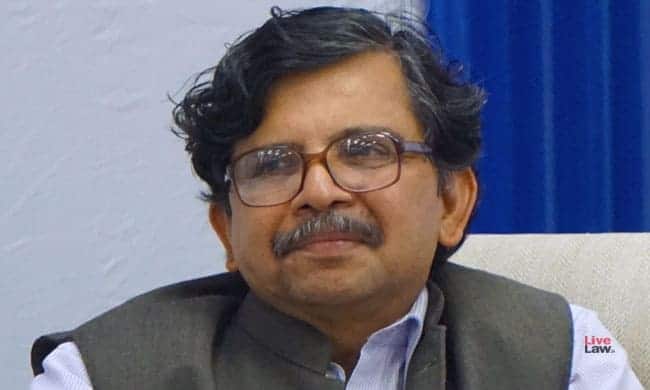NewDelhi: The Centre on Wednesday night notified the transfer of Justice Dr S Muralidhar from Delhi High Court to Punjab and Haryana High Court.
The Supreme Court collegium had recommended his transfer on February 12. The Delhi High Court Bar Association had protested against this transfer proposal by abstaining from work for a day last week.
Justice Muralidhar is the third senior judge of Delhi High Court.
Notably, on his last day as a judge of Delhi High Court, Justice Muralidhar had passed significant orders in matters concerning Delhi Riots.
A midnight hearing was held at his residence at 12.30 AM on February 26, where a bench comprising Justices Muralidhar and Talwant Singh issued directions to police to ensure the safe passage of patients who had been trapped in Al Hind Hospital at riot-affected Mustafabad since 4 PM on February 25 to other hospitals with better facilities.
‘We can’t let another 1984 scenario happen in this city; not under the watch of this court”, observed Justice Muralidhar making an appeal to the authorities of Delhi Government and Centre to reach out to the victims.
Later in the day, a bench comprising Justice Muralidhar and Justice Talwant Singht directed the Delhi police to take a decision within a day regarding registration of FIR for inflammatory speeches against politicians such as Anurag Thakur, Pravesh Verma, Abhay Verma and Kapil Mishra, who had allegedly incited violence in Delhi.
The order was passed in a PIL filed by activist Harsh Mander, despite the stiff opposition by Solicitor General Tushar Mehta, who had appeared for Delhi police.
Justice Muralidhar began his law practice in Chennai in September 1984. He shifted to the Supreme Court and Delhi High Court in 1987. He was appointed judge of Delhi High Court in 2006.
During his tenure as a judge at the Delhi High Court, Justice Muralidhar got rid of the convention of judges being addressed as “Lordships”. Inter alia, he has been on several important benches, including the full bench in 2010 that ruled in favour disclosing how many Supreme Court judges had declared their assets, in a RTI.
He was a part of the High Court bench that first legalized homosexuality in the 2009 Naz Foundation case.
He also led the division bench that convicted members of the Uttar Pradesh Provincial Armed Constabulary (PAC) in the Hashimpura massacre case and Congress leader Sajjan Kumar in the 1984 anti-Sikh riots case.

